Project management, especially in the field of basic construction and public investment, are tasks that were previously mainly undertaken by specialized agencies at the district level, but have now been transferred to the commune level. This opens up many opportunities but also poses many difficulties.
In the context of post-merger communes being decentralized and delegated authority to undertake many important tasks, improving the capacity of staff in this field is really necessary to meet task requirements.

In Coc San commune, a number of projects that were started before the administrative unit arrangement are currently being implemented by the Lao Cai - Coc San Area Investment and Construction Project Management Board.
According to the development orientation in the coming period, the commune will implement many infrastructure projects such as: Coc San - Quang Kim connecting road, old Dong Tuyen commune axis road, land leveling projects, connecting roads to villages...

This is a huge amount of work, if the project is decentralized to the commune, it will require a team of specialized staff. However, with the current organizational model, it is not possible to organize a separate project management board.
Although it is a suburban commune, the team of specialized staff in the field of investment and construction is also very lacking. Moreover, organizing a project management board is not an optimal solution because the list of investment and construction projects at the commune level is not as large as the previous district level, making it difficult to maintain funding for the apparatus of this board.
In Xuan Quang commune, the Commune Economic Department has just coordinated with the Bao Thang Area Construction Investment Project Management Board to inspect the acceptance and construction transition work for projects transferred from the previous phase. This is also one of the main tasks of the department when implementing the organization and operation according to the two-level government model.

Mr. Nguyen Quang Ngoc - Chairman of Xuan Quang Commune People's Committee said: The Economic Department is currently responsible for managing urban economy, infrastructure, inspecting and accepting construction works, so it cannot manage the project on behalf of the Commune People's Committee. To comply with regulations, if there is a project in the future, it must be assigned to another specialized department to represent the investor, but then there will be no specialized staff.
It can be seen that the decentralization and delegation of power to communes after the merger is aimed at enhancing autonomy, creating conditions for localities to more effectively manage on-site investment projects. However, in reality, many communes are facing arising difficulties.
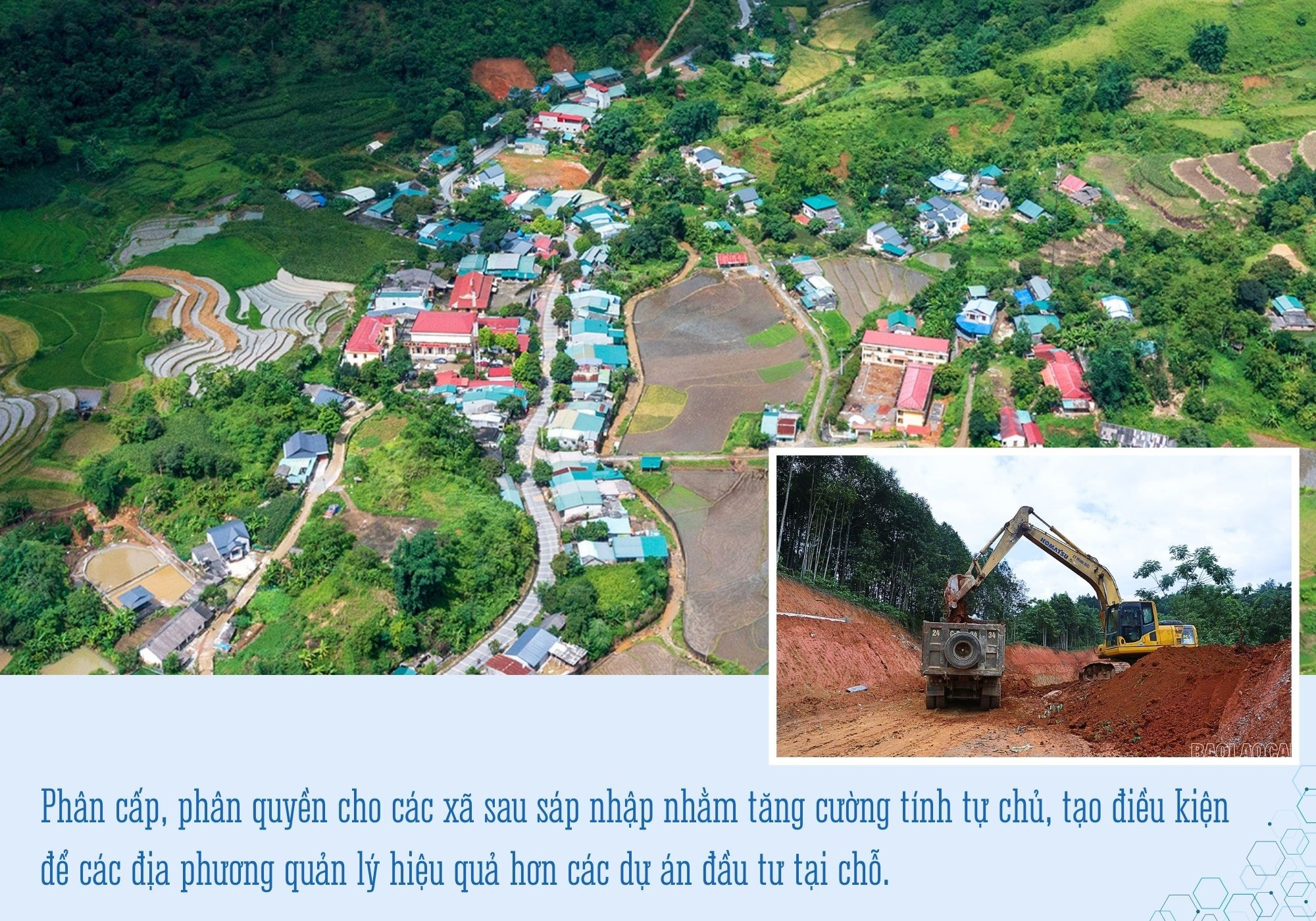
First of all, in many localities, especially in mountainous and border communes, the staff with professional qualifications in finance, construction and engineering is still very limited. This shortage makes planning, organizing bidding, supervising and accepting projects difficult, leading to the risk of delays and failure to ensure project quality.
Along with that, management experience is still limited. Commune and ward officials are not familiar with taking on the role of investors in large projects. The staff and civil servants lack knowledge of legal regulations related to investment, construction and finance, leading to improper implementation or violations of regulations.
To implement a project from the time of assigning the list, tasks of reporting on investment proposal, investment preparation, project approval, site clearance, contractor selection, construction, acceptance to handover and putting into use through nearly 100 steps, with an average time of 5 - 6 months.
Except for communes in the central area, with the current staff in most communes, it is very difficult to undertake project management work. In fact, there have been opinions in the past about organizing a project management board at the commune level, but to ensure operation, a minimum of 10 people are needed, which will not ensure the requirement of streamlining the apparatus.

According to leaders of some localities, to overcome the above difficulties, the most optimal solution in the short term is to hire a unit with sufficient capacity to manage the project. In the long term, along with the reorganization of the previous district-level project management board, training and capacity building for staff in project management, bidding, construction supervision, financial management and related laws are needed.
Strengthening the application of digital technology , connecting commune level and provincial specialized agencies through technology platforms to receive timely support...
Decentralization and delegation of authority to communes after the merger in project management is an important step to improve the effectiveness of local management. However, to carry out this task well, there needs to be strong investment in human resources, technology, mechanisms and policies. Only when the staff is fully equipped with the necessary knowledge, skills and resources, can the communes promote their role.
Source: https://baolaocai.vn/nang-cao-nang-luc-quan-ly-du-an-cho-cac-xa-sau-sap-nhap-post879761.html





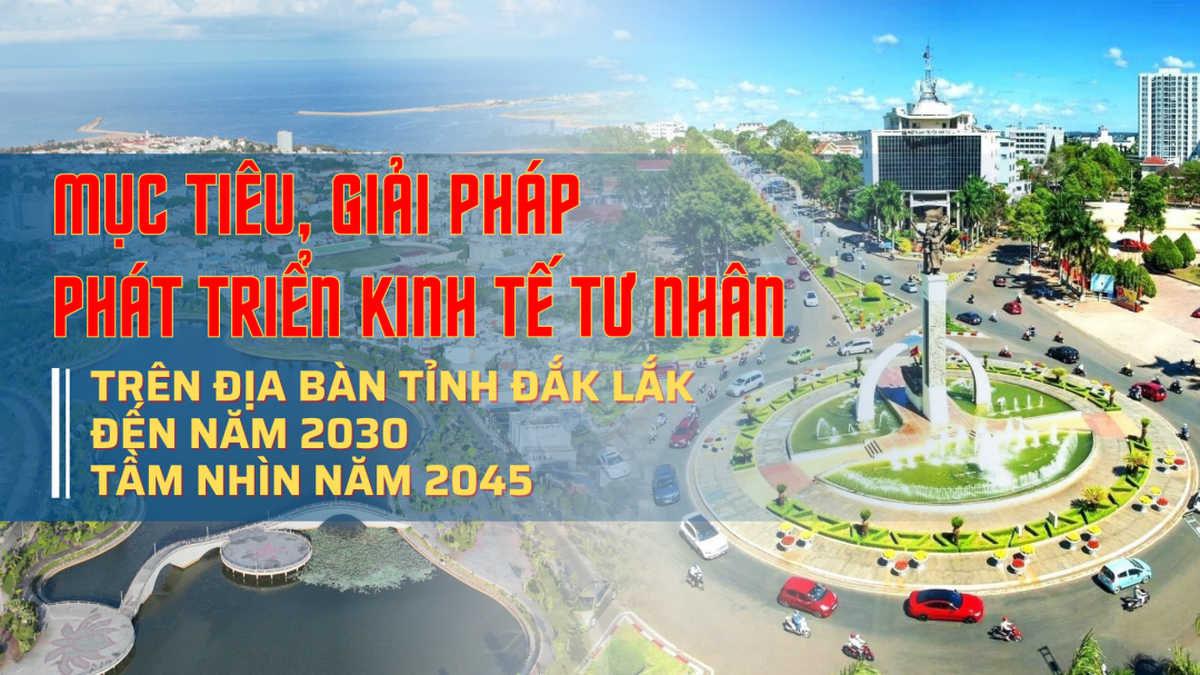

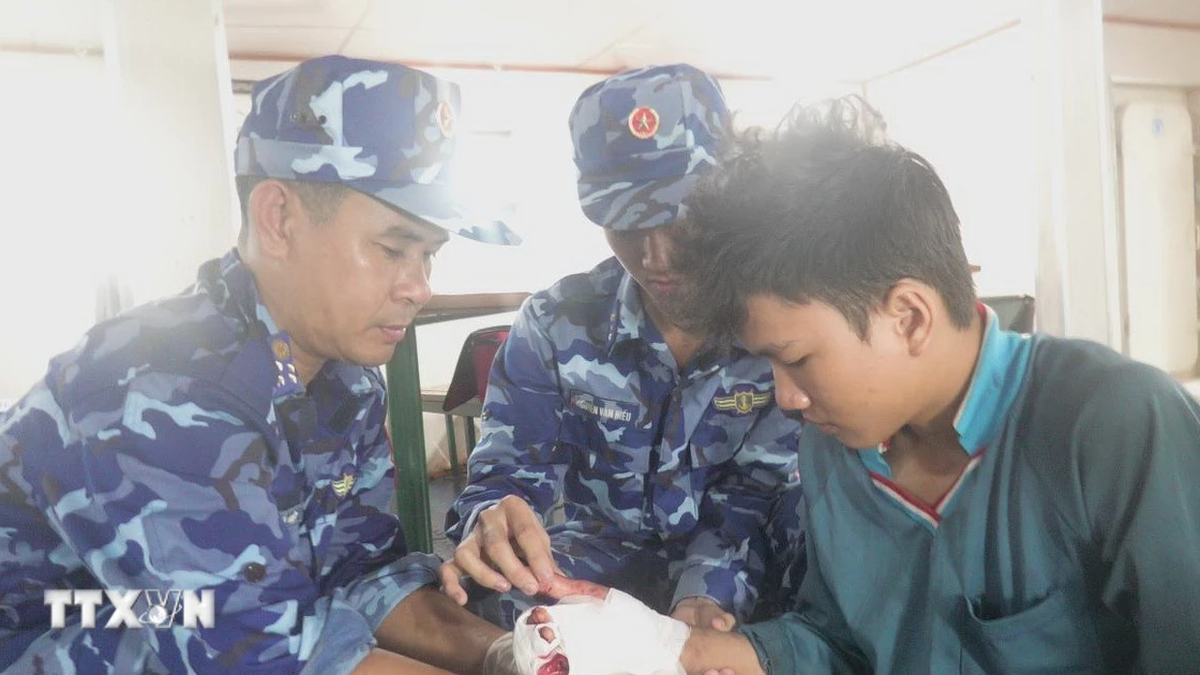
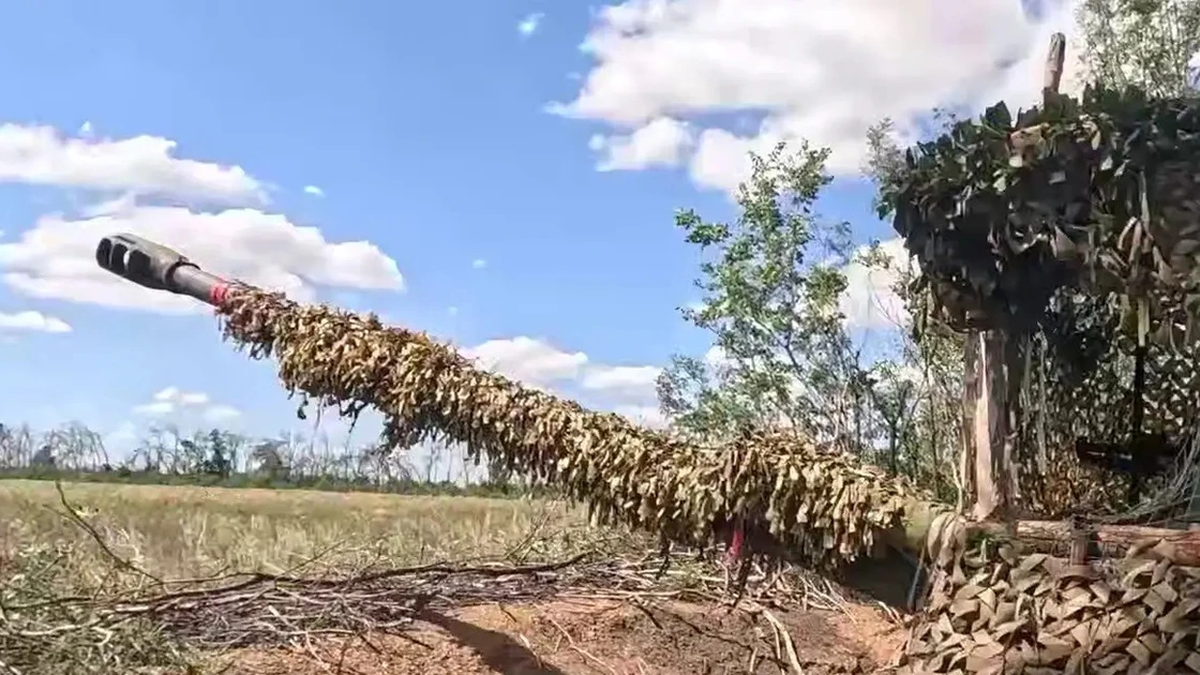
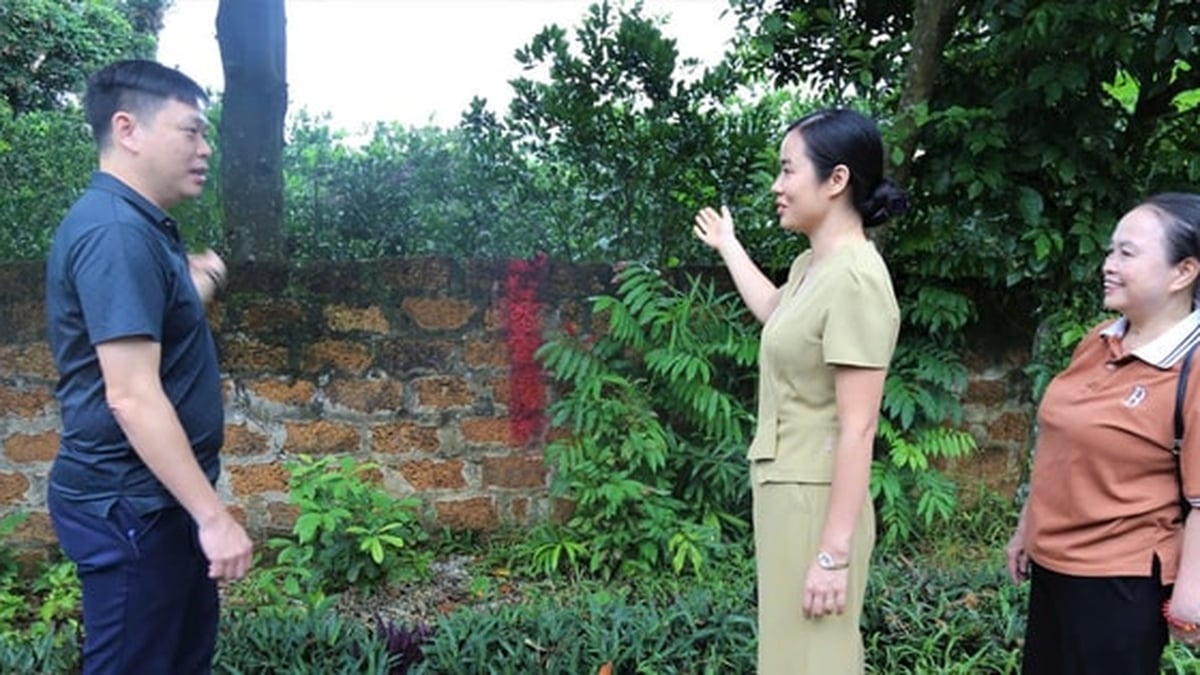















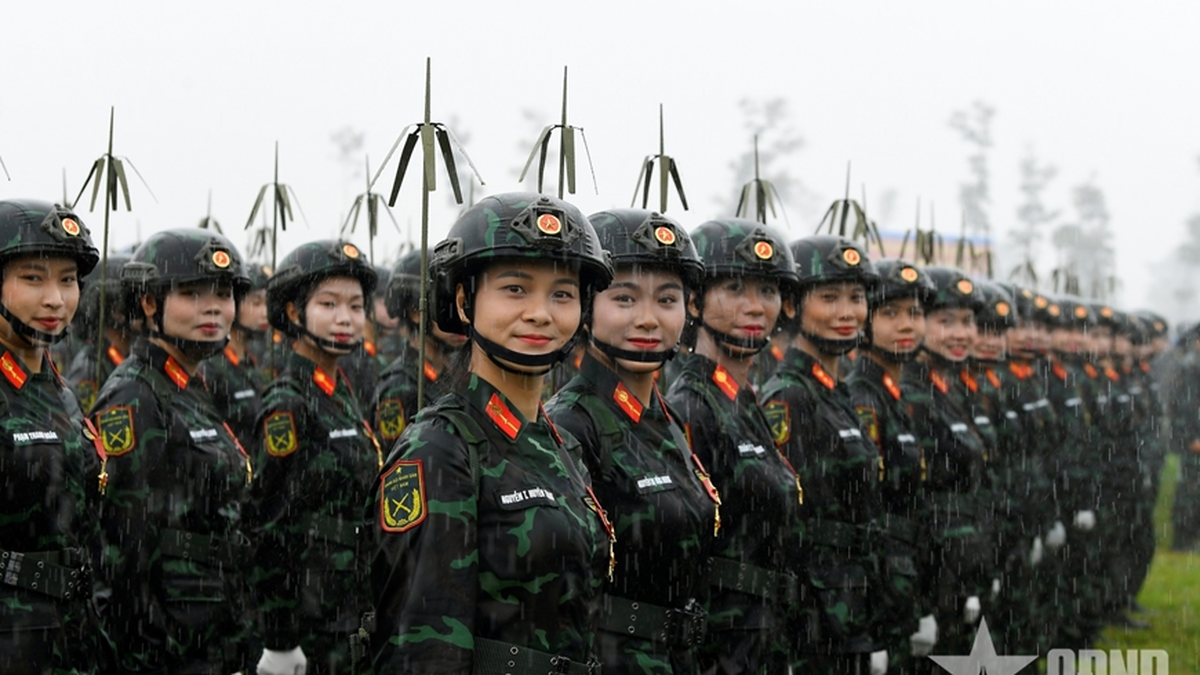
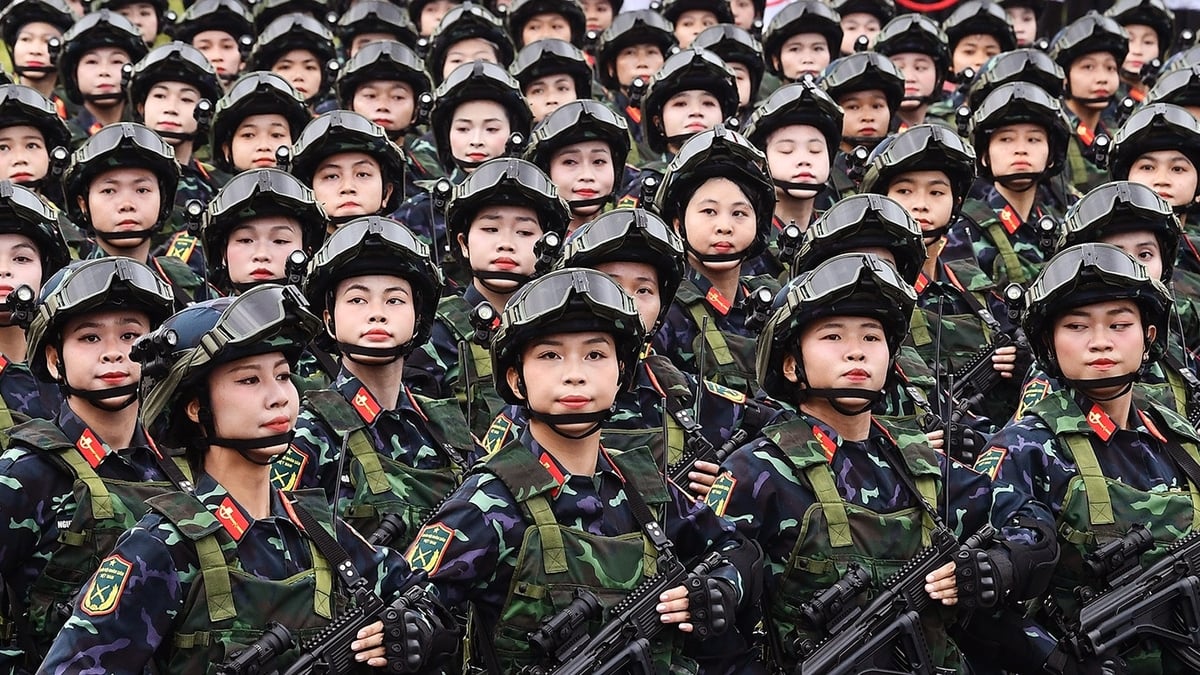

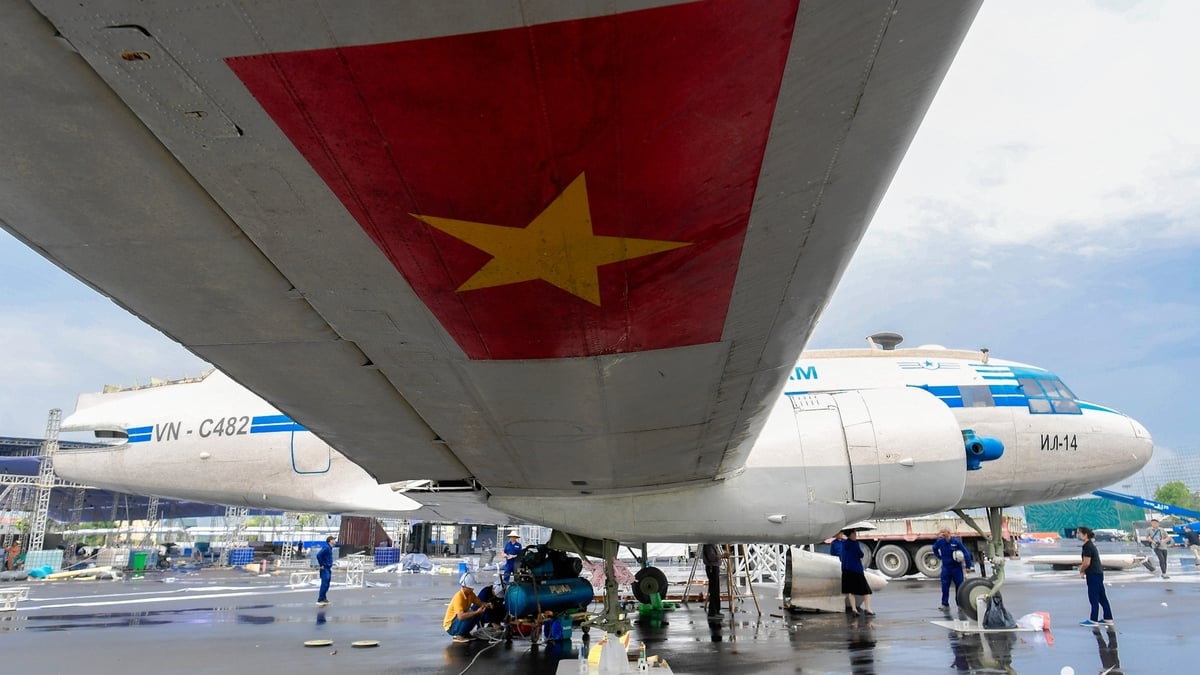


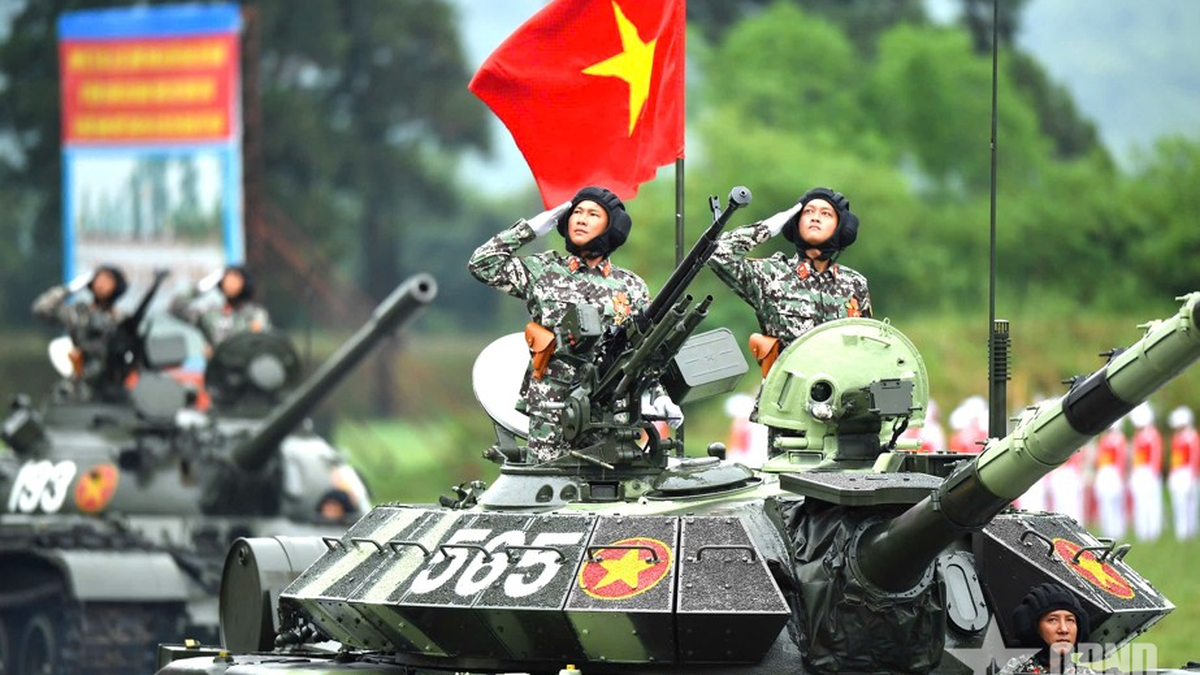


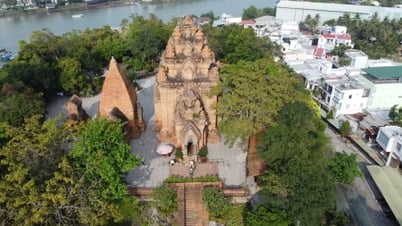

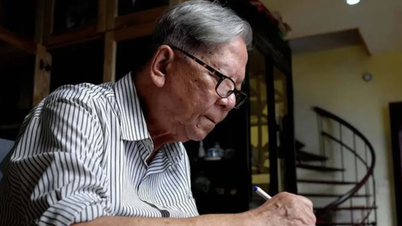











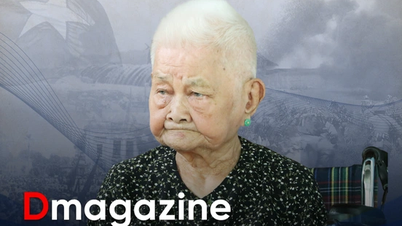




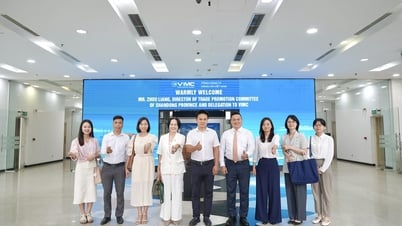

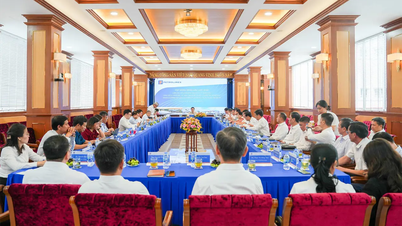

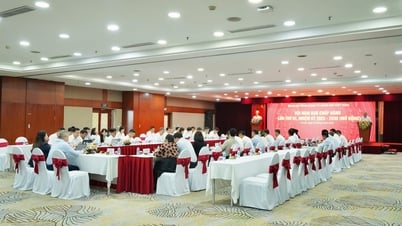



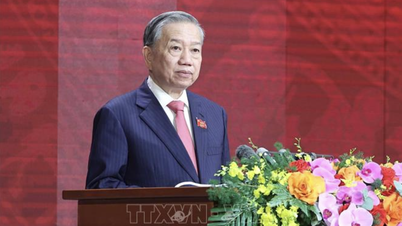



![[Photo] Party and State leaders visit President Ho Chi Minh's Mausoleum and offer incense to commemorate Heroes and Martyrs](https://vphoto.vietnam.vn/thumb/402x226/vietnam/resource/IMAGE/2025/8/17/ca4f4b61522f4945b3715b12ee1ac46c)


![[Photo] General Secretary To Lam and other Party and State leaders attend the ceremony to celebrate the 80th anniversary of the Vietnam People's Public Security Forces' Traditional Day.](https://vphoto.vietnam.vn/thumb/402x226/vietnam/resource/IMAGE/2025/8/17/1f782c0c9f37400d86b29aefbd8a891b)
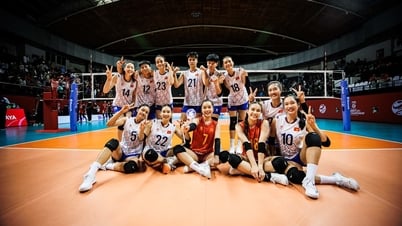
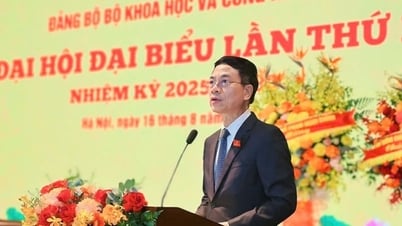




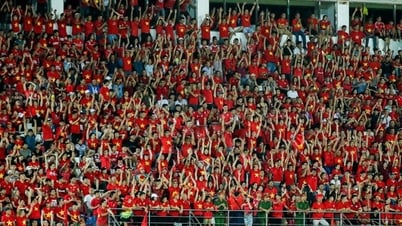
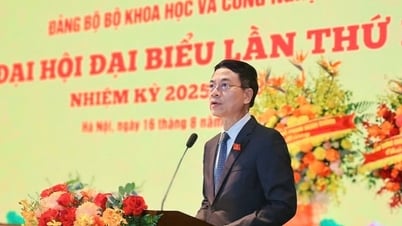
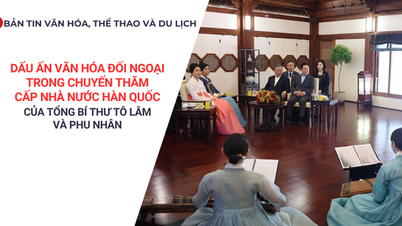






















Comment (0)